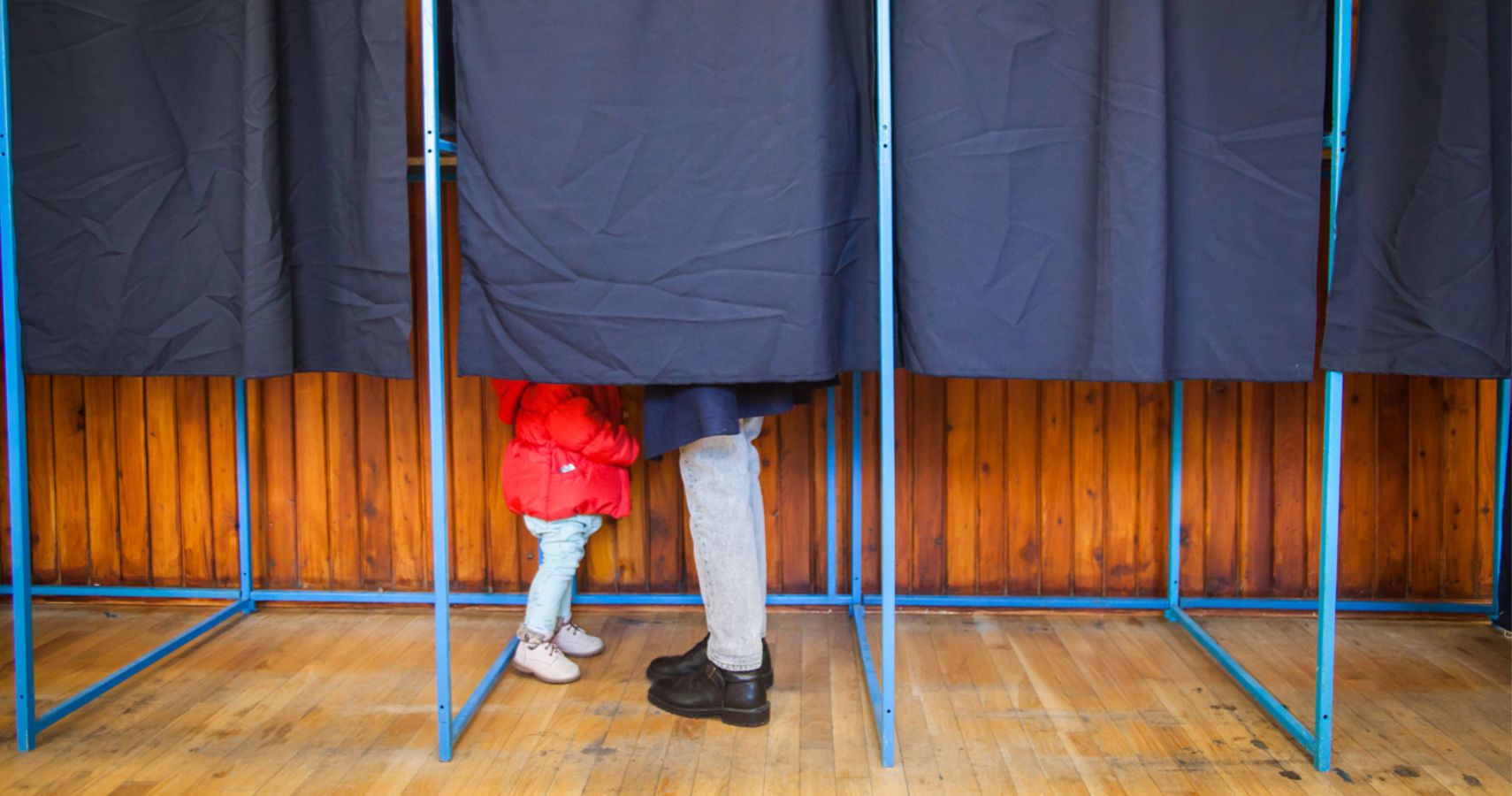With midterm elections coming up, many people are considering their votes before heading to the polls. Most of the elections will be held on Tuesday, November 6, 2018, in the middle of Republican President Donald Trump's first term. All 435 seats in the United States House of Representatives and 35 of the 100 seats in the United States Senate will be contested.
2018 is also a year for gubernatorial elections for many states, with elections to be held for the governorships of 36 U.S. states and three U.S. territories, as well as for the Mayor of the District of Columbia.
One of the most important challenges around voting is to ensure that people are able to get to the voting booths. This can be seen as a challenge for parents with young children. But if you’re worried about trying to find someone to watch your kids so you can head to the voting polls, listen up.
Children are allowed to join their parents at the voting polls in all 50 states as well as in Washington, D.C. Keep note that some states do have certain rules about how many children are permitted, so you may wish to check with your local election commission to be sure.
In Maryland, children under the age of 18 are legally allowed to accompany you to the voting both; usually once the child is legally of age to vote, they are not allowed.
Encourage your children to get involved in the voting process so they can begin understanding how elections work, says Girl Scouts. “When you get to your confidential voting booth, fill out the ballot yourself, then have your daughter either pull the lever, push the button, or help feed your ballot into the machine (however it’s done in your area!)."
"Playing an active role in your vote will make a more lasting impression on her and help her feel more like an active participant in the election."
And while you may be tempted to share your part in the democratic process on Twitter, Facebook or Instagram, don’t take photos unless you are outside the polling station.
Voters should not use an electronic device in a way that is disruptive, to take photos, record an audio or video recording, or in a way that jeopardizes the privacy of other voters or the secrecy of the vote.

